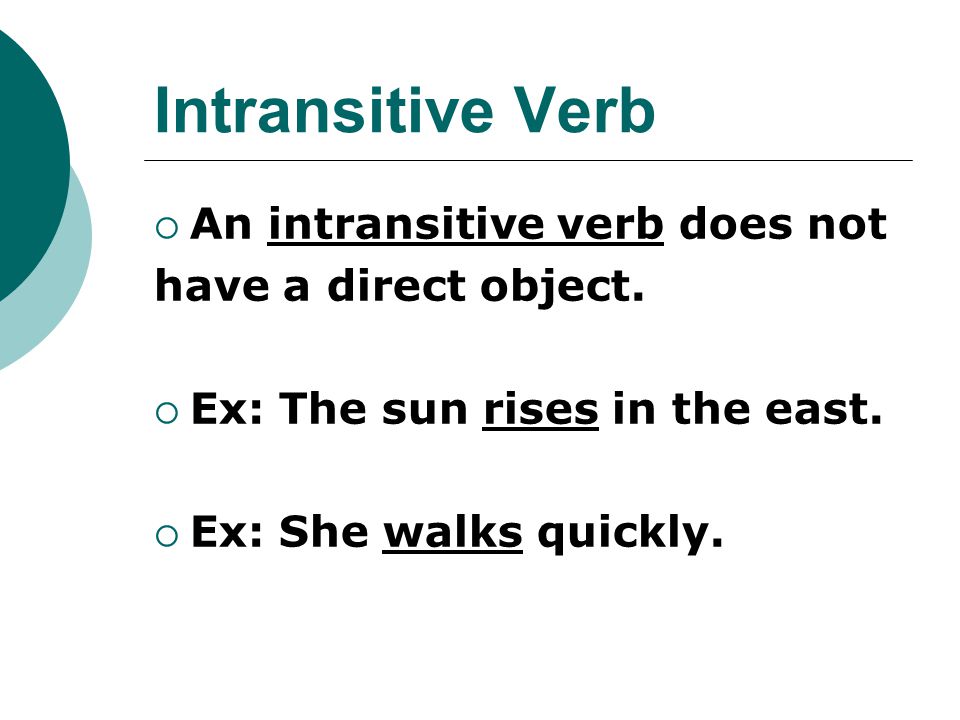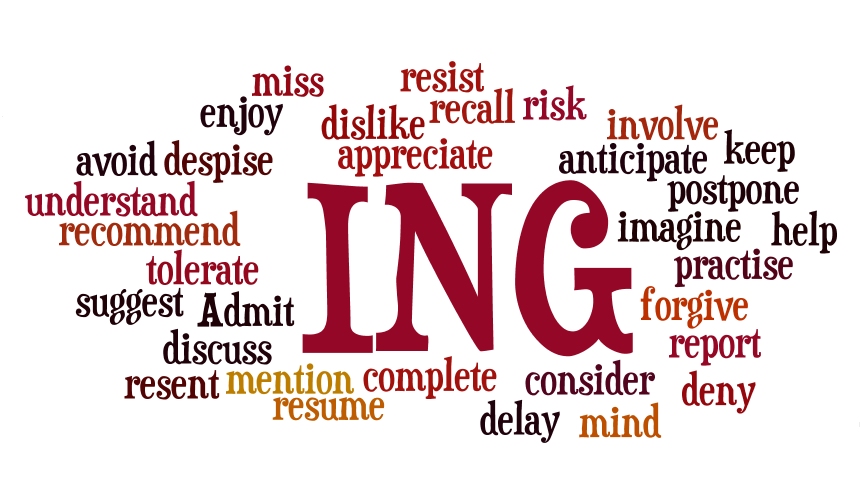Image Credits: ukenglish.org.uk
Introduction:

Image Credits: expert system
Hello all! how are you I hope you all are good and great and dong some exiting work in your lives? As you all know I always post blogs about English learning and English teaching so here is a new one which is about verbs today I will tell you about verbs. I will teach you how to use verbs in your sentences. My friend English is a very easy language you just need to focus on it and prepare every little task. If you do so then you will become a good speaker of English. I always try to post some good and great blogs about learning English you can also read my previous blogs by clicking here.
So let's start.
Verbs
These are the best videos for you to learn about Verbs.
Video Credits: Learn English Lab Via Youtube
Video Credits: 7 E S L Via Youtube

Image Credits: commongroundinternational
Definition:
A verb is a word or phrase which indicates what the subject does or what state it is in. its kinds are as under:
1. Transitive Verbs:

Image Credits: quickanddirtytips
A transitive verb needs an object to express its complete meanings. It is a word that shows the transition of action from subject to object. For example:
i) She boiled and egg.
ii) They fly kites.
iii) He wrote an essay.
2. Intransitive Verbs :
 Image Credits: slide player
Image Credits: slide player
The intransitive verb expresses an action or state of being that affects the subject only. In the sentences where an action of the subject is not transferred to the object, but it only affects the subject is called intransitive verb. For example;
i) She sings well.
ii) They walked hurriedly.
iii) The child wept bitterly.
3. Auxiliary Verbs:

Image Credits: i.ytimg.
Auxiliary verbs are called the helping verbs. These are frequently used in the English language. These are as under:
Is, am, are, do, does, has have, did, was were, had, will, shall, would, should, can, could, may, might, ought, must, need and dare, etc.
4. Infinitive and Non-Infinitive Verb:

Image Credits: learnenglishkids
The verb used without "to" is called non-infinitive whereas the verb used after "to" is called infinitive. For example:
i) Let him go out. (Non-infinitive)
ii) Allow him to go out. (Infinitive)
An infinitive is a verb often followed by 'to' but after certain verbs as bid, let, make, need, dare, see, hear infinitive is used with 'to'.
Examples:
Read the following examples:
They tried to find fault with us.
The children love to play hide and seek.
It is our duty to respect our elders.
He refused to obey the orders of his boss.
Many men desire to hoard money.
Everybody wished to enjoy life.
My father desires to see you again.
He is quick to see the point.
It is a penal offense to bribe a public servant.
His father forbade him to tell a lie.
Infinitive without "to".
Bid him go there.
Let him come here.
I will not let you go.
The police made him stand.
I made him run.
We need not go there today.
You need not take more doses of medicine.
You dare not do it.
I heard him cry.
I saw him do it.
Sometimes Present Participle "Gerund" is used at the beginning of the sentences.
Read these examples:
1. Going up the hill he saw an old shrine.
2. Entering the room he switched on the light.
3. Hearing a noise, they turned round.
4. Considering the facts he stopped wondering.
5. Seeing the sunshine we threw open the windows.
6. Being dissatisfied, he resigned his position.
7. Being occupied he has no leisure to see us.
8. Walking along the road we saw an injured wolf.
9. Going up the stairs the boy fell down
10. Having lost my identity card, I applied for the new one.
11. Walking on the rope he fell down.
12. Hearing the noise, I woke up.
13. Working all day we were fatigued.
14. Mounting his horse the bandits rode off.
15. Walking up to the front door, I rang the bell.
Present Participles (Gerunds) may also perform the function of adjectives if they are placed before the nouns.
Read the examples:
1. A rolling stone gathers nothing.
2. The shinning stars brighten the sky.
3. We swam across the sparkling stream.
4. The creaking door awakened the dog.
5. A lying witness ought to be punished.
6. Cries were coming out of the burning house.
7. He always plays a losing game.
8. It is difficult for the poor swimmer to swim across the flooding stream.
9. A roving man can not settle himself at one place.
10. The dazzling light is harmful to the eyes.
5. Gerund Verb:

Image Credits: jobsforeditors
Gerund verb is considered to be a 4th from of the verb. It is an ing form or progressive verb often used to show activity in progress. The students should be aware of making difference between Gerund verb and Gerund Noun. The difference has been shown in the following sentences.
i) Mr. Zaki has been teaching us English for the last two years. (Gerund verb)
ii) Teaching is not an easy profession. (Gerund Noun)
iii) He is writing a letter to his friend. (Gerund Verb)
iv) His writing is not fair, he should improve it. (Gerund Noun)
Replace the following Infinitives with the Gerunds:
1. I like to fly kites.
2. The teacher likes to deliver the lectures.
3. She likes to eat sweet mangoes.
4. They like to walk on the grass.
5. She likes to watch movies.
6. His father began to praise him.
7. The government has begun to welcome foreign investors.
8. He began to blame everyone.
9. Robots have begun to work in the foundries.
10. The child has begun to break his toys.
11. Everybody wished to enjoy life.
12. My father desires to see you again.
13. He is quick to see the point.
14. It is a penal offense to bribe a public servant.
15. His father forbade him to tell a lie.
Solution:

Image Credits: previews.123r
1. I like flying kites
2. The teacher likes delivering lectures.
3. She likes eating the sweet mangoes.
4. They like walking on the grass.
5. She likes watching movies.
6. His father began praising him.
7. The government has begun welcoming foreign investors.
8. He began blaming everyone.
9. Robots have begun working in the foundries.
10. The child has begun breaking his toys.
11. Everybody wished to enjoy life.
12. My father desires to see you again.
13. He is quick seeing the point.
14. It is a penal offense bribing a public servant.
15. His father forbade him telling a lie.
Use of "Let" and "Allow":
"Let" means to allow someone to do something or something to happen without trying to stop. "Let" is also used to express suggestions or proposals.
Read the following sentences:
1. Let them splash around in the pool for a while.
2. Don't let her upset you.
3. He would eat chocolate all day long if I let him.
4. They will not let him leave the country.
5. I shall give you the key so that you can let yourself in.
6. The cat wants to the let out.
7. Let us go to the beach.
8. Let us not tell them what we did.
9. I do not think we shall make it but let us try anyway.
10. Let me have your respect by Friday.
"Allow" means to grant someone permission to do something.
Read the following sentences:
1. His parents do not allow him to stay out late.
2. They should not be allowed to get away with it.
3. She will not allow herself to be dictated to.
4. Smoking is not allowed in the hall.
5. You are allowed an hour to complete the test.
6. The crowd parted to allow her through.
7. The judge allowed my claims.
8. Allow me to help you.
9. The prisoners are allowed out of their cells for two hours a day.
10. You are not allowed to spend more than Rs 2000/- per month on books.
Note: Infinitive follows "let" without "to" but it follows "allow" with "to".
Read the following examples:
1. Allow me to help you.
Let me help you.
2. They allowed the visitors to come in.
They let the visitors come in.
3. He does not allow his son to spend the money lavishly.
He does not let his son spend the money lavishly.
4. He does not allow anyone to speak in his presence.
He does not let anyone speak in his presence.
5. The traffic police do not allow me to drive the van without a license.
6. The traffic police do not let me drive the van without a license.
THE USE OF AUXILIARIES

Image Credits: images.slideplayer
The use of can, could, would, should, may, might and need is given as under the students are advised to assess the functions.
Can: Can is used to indicate:
Physical or mental ability: I can carry both suitcases.
Possession of a specified power, right, or privilege: The President can dissolve the assemblies.
Possession of a specified capability or skill: I can tune the guitar as well as play it.
Possibility or probability: I wonder if my long lost neighbor can still be alive.
That which is permitted: One can hardly blame you for being upset.
Probability or possibility under the specified circumstances: They can hardly have intended to do that.
Requestor grant permission: Can I be excused?
Could:
Could is used to indicate:
Ability or permission in the past: I could run faster then. Only men could go to the club in those days.
Conditional force: If we could help, we would.
Tentativeness or politeness: I could be wrong.
Could you come over here?
May:
May is used to:
Allow or permit to: May I take a swim? Yes, you may.
Indicate a certain measure of likelihood or possibility: It may rain this afternoon.
Express a desire or fervent wish: Long may he live!
Express contingency, purpose, or result in clauses introduced by that or so that: expressing ideas so that the average person may understand.
Might:
Might is used to indicating:
A condition or state contrary to fact: She might help if she knew the truth.
A possibility or probability that is weaker than may: We might discover a pot of gold at the end of the rainbow.
Possibility or probability or permission in the past: She told him yesterday he might not go on the trip.
A higher degree of deference or politeness than may, ought, or should: Might I express my opinion?
Thank you for reading my blog here are my previous blog submission you may read them.




